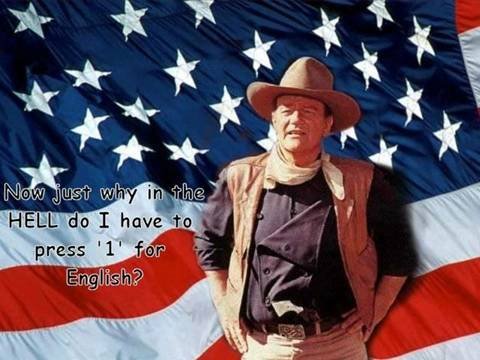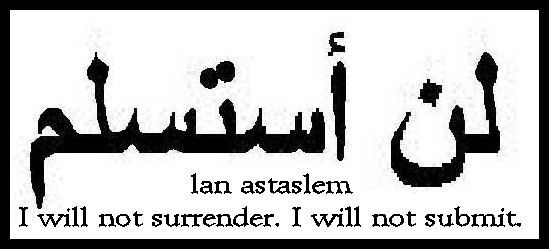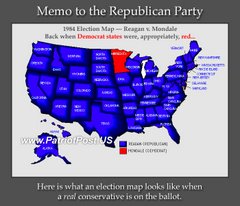Instruments of Love and Harmony #10
For background information about the meetings, see this Reuters article of 11/06/08.
The statement includes an enumerated list of fifteen points which present a target rich environment In this installment, I'll take on the twelfth point of agreement.[Links & emphasis added.]
We call upon believers to work for an ethical financial system in which the regulatory mechanisms consider the situation of the poor and disadvantaged, both as individuals, and as indebted nations. We call upon the privileged of the world to consider the plight of those afflicted most severely by the current crisis in food production and distribution, and ask religious believers of all denominations and all people of good will to work together to alleviate the suffering of the hungry, and to eliminate its causes.Taken at face value, the twelfth point means that the participants accept the concept of "social justice". Lets break it down into discrete elements for easier analysis.
- ethical financial system
- regulatory mechanisms
- protect the poor
- individually
- collectively
- food distribution
- alleviate suffering
- eliminate causes
Psalms 15:5 He that putteth not out his money on interest, nor taketh a bribe against the innocent. {N}Both scriptures forbid usury. The inordinantly curious may turn to Reliance of the Traveller K3.0 to see some of the particulars.
He that doeth these things shall never be moved.
2:275. Those who eat Riba (usury) will not stand (on the Day of Resurrection) except like the standing of a person beaten by Shaitan (Satan) leading him to insanity. That is because they say: "Trading is only like Riba (usury)," whereas Allah has permitted trading and forbidden Riba (usury). So whosoever receives an admonition from his Lord and stops eating Riba (usury) shall not be punished for the past; his case is for Allah (to judge); but whoever returns [to Riba (usury)], such are the dwellers of the Fire - they will abide therein.
If you have your pension fund invested, you probably anticipate capital appreciation. If your investment does not grow, a significant part of it may be eroded by inflation, leaving you short of funds when you retire. If you are averse to the risks involved in equity investment, Sharia law leaves you no good options because it forbids taking interest.
No reasonable person will argue that financial regulations should be biased against the poor. Why, then should they be biased against those more wealthy or productive? It is necessary to assume that both sides have an unstated redistributionist agenda.
This brings us to Zakat, the Muslim property tax which is the subject of Book H of Reliance of the Traveller.
H1.1
Zakat is obligatory:
(a) for every free Muslim (O: male, female, adult, or child);
(b) who has possessed a zakat-payable amount (Ar.nisab, the minimum that necessitates zakat, def; for livestock h2.4-5; for grain and dried foodstuffs h3.4; for gold, silver, and other money h4.2; and for trade goods h5.1);
(c) for one lunar year.
H1.2
Non-Muslims are not obliged to pay zakat, nor apostates from Islam (murtadd, def:o8) unless they return to Islam, in which case they must pay for the time they spent out of Islam, though if they die as non-Muslims their property is not subject to zakat(N:because their property is considered to belong to the Muslim common fund (bayt al-mal) from the moment such people leave Islam).
H8.24
It is not permissible to give zakat to a non-Muslim, or to someone whom one is obliged to support (def: m12.1), such as a wife or family member.
So much for the concept of equality.
Turn briefly to the matter of distribution of Zakat. Who gets the proceeds; when our investment firms engage in Sharia compliant transactions, what happens to the 2.5% of the funds which must be paid as Zakat?Read this slowly, let it sink in for a minute.H8.17: Those Fighting for Allah
The seventh category is those fighting for Allah, meaning people engaged in Islamic military operations for whom no salary has been allotted in the army roster (O: but who are volunteers for jihad without remuneration). They are given enough to suffice them for the operation, even if affluent; of weapons, mounts, clothing, and expenses (O: for the duration of the journey, round trip, and the time they spend there, even if prolonged. Though nothing has been mentioned here of the expense involved in supporting such people's families during this period, it seems clear that they should also be given it).
Food distribution sounds like a good form of charity. What are its long term consequences? Areas of the world where there is a shortage of food tend to have a surplus of human. [If you can't guess, use your mouse to highlight the hidden word.] Will the birth rate decline in those regions if we supply all he food they need? Who will pay for the energy, fertilizer, insecticides, herbicides, seed and labor involved in crop production? Who will pay the shipping & distribution costs? s
What factors contribute to the food shortage? Could the disruption caused by Islamic Jihad play a role? How about the three hours many Muslims spend each day in Wudu & Salat?
The parties agree in one matter: designs on your bank account.
Click this link for A Common Word between Us and You, which precipitated the recent meetings. [Note the Events section, a recent addition to the page]. A Common Word's home page includes a summary, the missive, media reports, blog posts and various responses from Christian & Jewish leaders. Click this link: Islamic Extortion Letter for my original dissection of the missive or this link: Go Burn With Muhammad, a blog devoted to dissecting the missive and reactions to it. Sphere: Related Content











































|